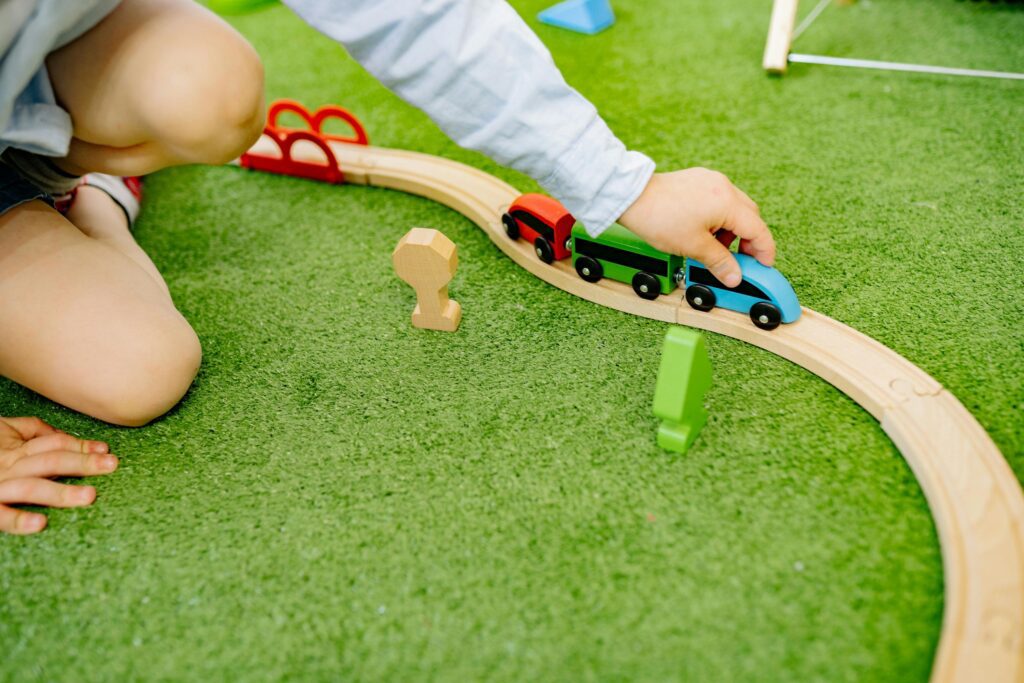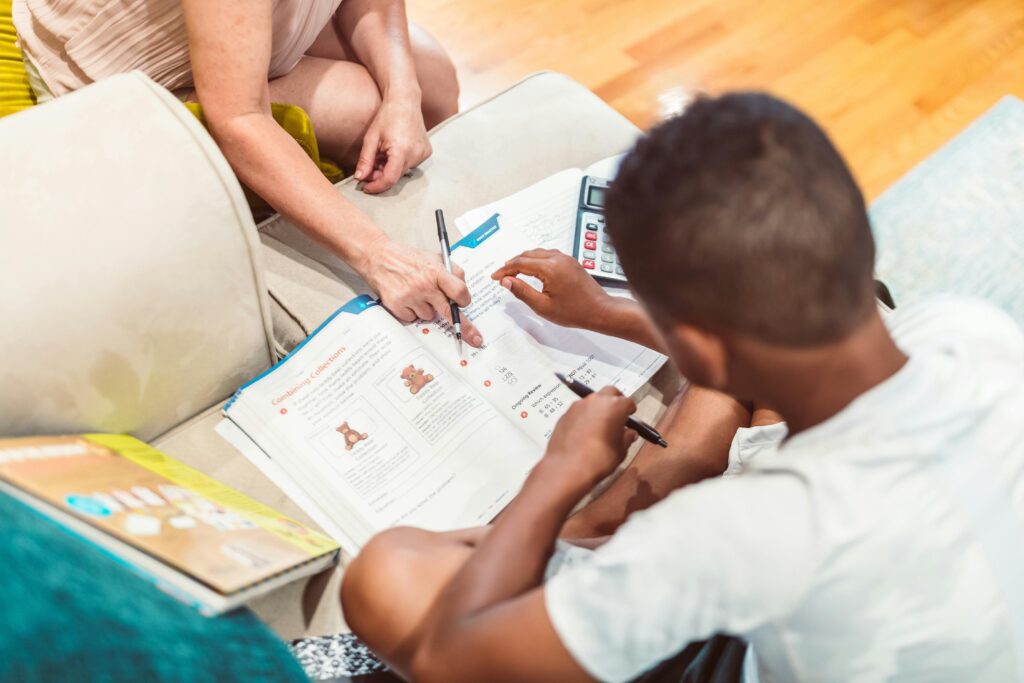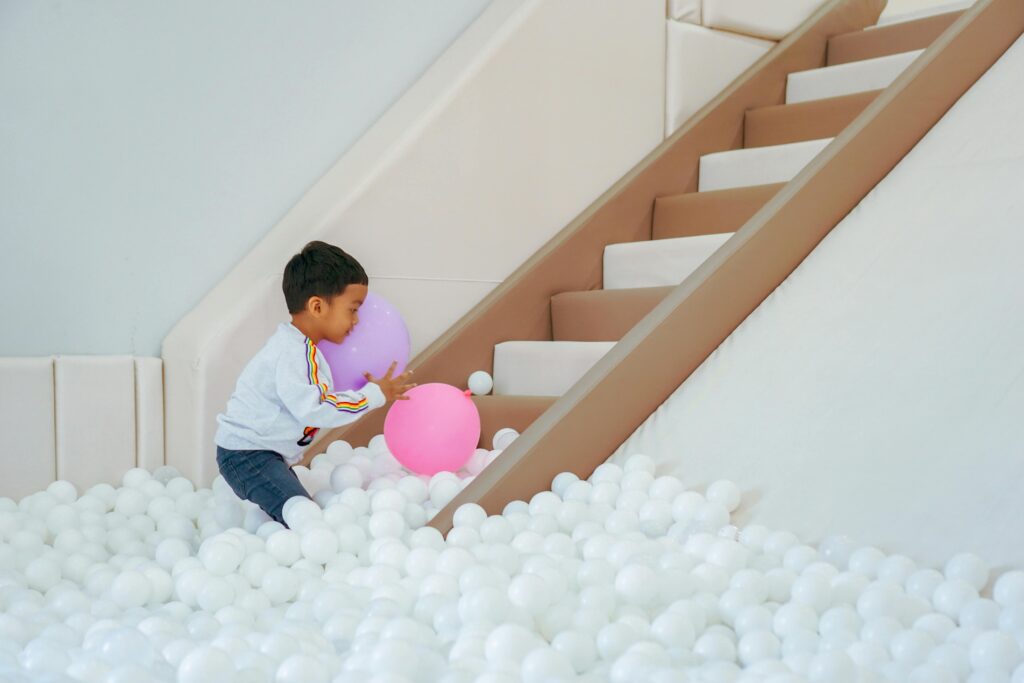Summer Strategies for Supporting Neurodivergent Children

Did you know student can lose up to two months of learning progress over summer break?
by Dr. Steve Truch, Founding Psychologist of The Reading Foundation
Here’s how to tackle the “summer slide” and keep neurodivergent kids engaged.
The “summer slide,” or summer learning loss, often affects students in skills like reading and math during the summer break, with an average setback equivalent to two months of progress. For neurodivergent children, the impact can be even more pronounced, as some may thrive on the structure provided by the school year. The challenge for parents is finding engaging, tailored activities to maintain progress and foster growth during the summer months. Here are some strategies specifically designed for neurodivergent children:
1. Create a Flexible Routine

Neurodivergent kids often benefit from structure, but summer doesn’t have to be rigid. Establish a flexible routine with a predictable flow of activities, such as set times for meals, play, learning, and relaxation. Use visual schedules or timers to help them navigate their day with ease.
2. Incorporate Special Interests

Leverage your child’s special interests to encourage learning. For example, if they’re fascinated by trains, incorporate train-related books, crafts, or even a visit to a train museum. Tapping into their passions makes activities more enjoyable and engaging.
3. Sensory – Friendly Outdoor Activities

Outdoor play is valuable, but ensure the activities are sensory-friendly. Consider quiet nature walks, scavenger hunts, or chalk art in a calm environment. Provide sensory tools like noise-cancelling headphones or weighted vests if needed, and allow for breaks to avoid overstimulation. Incorporate regular sensory breaks into your child’s day. Activities like playing with kinetic sand, swinging, or using
sensory bins can help them self-regulate and stay focused during learning or playtime.
4. Engage in Therapy or Specialized Programs

Summer presents a valuable opportunity for focused intervention, and funding from the BC Government can help make support more accessible. Programs like The Reading Foundation offer one-to-one assistance in key areas such as reading, spelling, comprehension, written language, and math. Many programs are designed specifically for neurodivergent kids, providing personalized activities within a
nurturing and supportive environment.
5. Celebrate Progress, Not Perfection

Celebrate small wins to build confidence and motivation. Whether it’s completing a chapter book, learning a new skill, or simply trying something new, focusing on progress rather than perfection can keep your child excited about learning.
Summer can be a time of growth and joy for neurodivergent children with the right balance of structure, creativity, and tailored activities. By encouraging sensory-friendly outdoor play, leveraging their interests, and exploring specialized programs, parents can help their kids stay engaged and ready for the next school year.

Dr. Steve Truch, founder of The Reading Foundation, holds a Ph.D. in learning theory from the University of Calgary. With over five decades of experience in education, he has authored numerous publications and was named among the university’s top 100 graduates in 2003 for his contributions to
learning and student development.
Would you like to write for us? We welcome well-written guest submissions with a local interest slant. Share your tips, review local businesses and highlight hot trends for Vancouver moms. Get all the info on our Contributor Page!


















